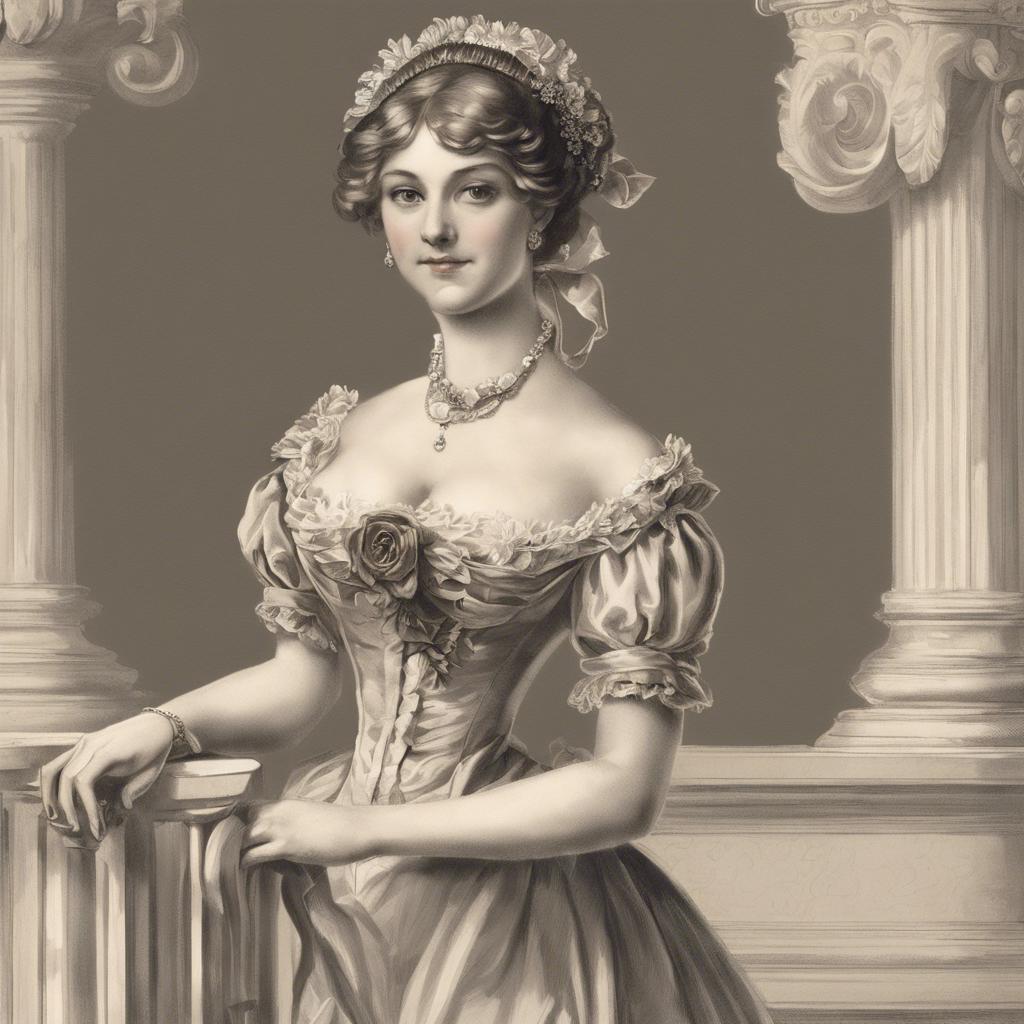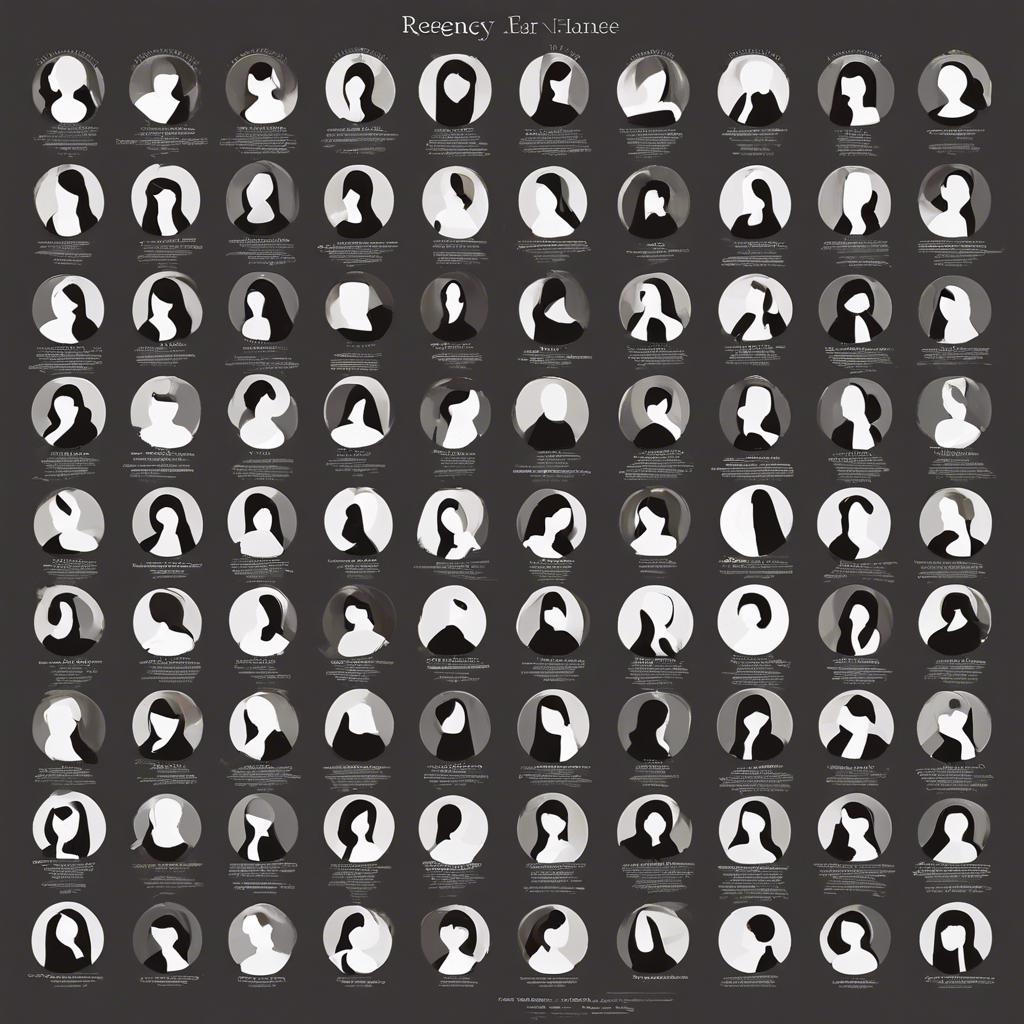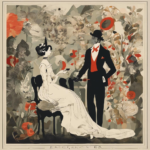During the Regency era in Britain, the naming of children held great importance, reflecting societal trends, family traditions, and cultural influences of the time. In particular, the names given to female offspring were often indicative of their place in society and the values they were expected to uphold. Delving into the rich tapestry of Regency era female names allows us a glimpse into the intricate world of this period and the perceptions surrounding women’s roles and identities. Join us as we explore the significance and symbolism behind the names that graced the daughters of the Regency era.
Step Into the World of Cheryl Bolen
Dive into the enchanting stories of love, intrigue, and elegance set in the Regency Era. Cheryl Bolen's novels offer timeless romance and captivating tales that will leave you wanting more.
Explore Cheryl Bolen's Books Now
– Elegant and Sophisticated Regency Era Female Names
Step back in time to the elegant and sophisticated Regency era with our curated list of female names that exude grace and refinement. These names were popular during the regency era corset”>early 19th century in England and are perfect for anyone looking to add a touch of historical flair to their character or baby naming choices.
Transport yourself to a world of Jane Austen novels and grand ballrooms with names like:
- Charlotte
- Georgiana
- Eleanor
- Arabella
- Emmeline
Each of these names evokes a sense of class and sophistication, making them a perfect choice for anyone looking to capture the essence of the Regency era. Whether you’re writing a historical novel set in this time period or simply appreciate the beauty of these timeless names, you’re sure to find inspiration in our carefully curated list.
- Popular Trends in Regency Era Female Naming Conventions
In the Regency Era, female naming conventions were heavily influenced by societal norms and cultural trends. Popular Regency Era female names often reflected the values and ideals of the time, as well as the fashion and literature of the period. Here are some of the most popular trends in Regency Era female naming conventions:
- Classic names: Traditional names such as Elizabeth, Mary, and Anne remained popular choices for Regency Era parents. These timeless names were often inspired by royalty or religious figures.
- Nature-inspired names: In keeping with the Romantic movement of the era, many Regency Era parents chose names inspired by nature. Names like Rose, Lily, and Violet were particularly fashionable during this time.
- Literature-inspired names: The Regency Era was a time of great literary achievement, with authors like Jane Austen and the Brontë sisters gaining popularity. As a result, names from famous literary works, such as Emma, Jane, and Charlotte, were in vogue.
The Regency Era was also a time of social change, with an increasing emphasis on individuality and self-expression. As a result, some parents began to choose more unique or unconventional names for their daughters. While classic names remained popular, there was also a growing trend towards more creative and distinctive choices.
- Unique names: Some Regency Era parents opted for names that were less common, such as Arabella, Seraphina, or Octavia. These names were seen as a way to set their daughters apart and give them a sense of individuality.
- Poetic names: With the Romantic movement influencing all aspects of society, poetic and lyrical names became increasingly popular during the Regency Era. Names like Aurora, Celeste, and Luna were chosen for their beauty and elegance.
- Royal names: In a nod to the monarchy, many Regency Era parents chose names that were associated with royalty. Names like Victoria, Adelaide, and Augusta were considered fashionable choices for daughters born during this period.
the Regency Era was a time of great diversity and creativity when it came to naming conventions for female children. While traditional names continued to be popular, there was also a growing trend towards more unique, nature-inspired, and literary names. The naming choices of Regency Era parents reflected the values and ideals of the time, as well as the cultural influences that shaped the period.
– Notable Regency Era Female Names and Their Historical Significance
Jane Austen – Known for her iconic novels such as “Pride and Prejudice” and “Sense and Sensibility,” Jane Austen was a prominent female writer during the Regency era. Her works continue to be celebrated for their wit, humor, and keen observations of societal norms.
Duchess of Devonshire – Georgiana Cavendish, the Duchess of Devonshire, was a leading socialite and political figure in Regency England. Known for her beauty, fashion sense, and influential role in Whig politics, she was a key figure in London society during the late 18th and early 19th centuries.
Mary Wollstonecraft – A pioneering feminist writer and philosopher, Mary Wollstonecraft was an influential figure in the Regency era. Her seminal work, “A Vindication of the Rights of Women,” argued for the equality of the sexes and laid the foundation for the modern feminist movement. Wollstonecraft’s ideas continue to inspire generations of women around the world.
Key Takeaways
names hold a significant place in history, reflecting the cultural and social norms of their time. The regency era, with its elegance and sophistication, produced a plethora of charming and graceful names for women. These names not only adorned notable figures of the era but also symbolized the ideals and values of the time. As we delve into the world of regency era female names, we are reminded of the importance of tradition and legacy in shaping our identities. Let us honor and preserve these timeless monikers as a testament to the enduring beauty of history.


